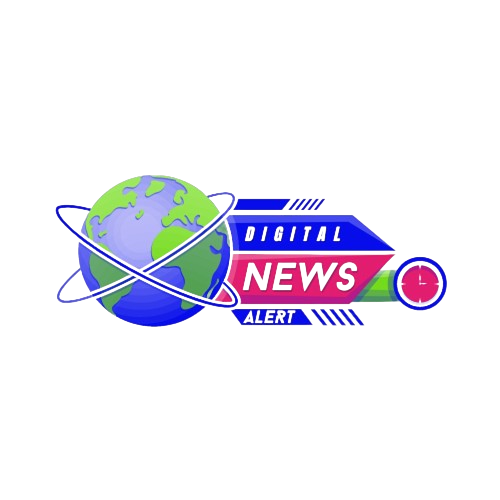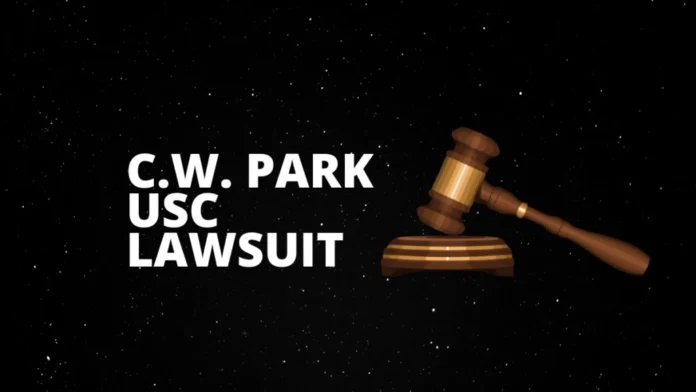Introduction
The unfolding legal saga involving C.W. Park and the University of Southern California (USC) has captured widespread attention and raised significant questions about academic integrity, institutional accountability, and the complexities of legal disputes within higher education. This article (C.W. Park USC Lawsuit) aims to provide a comprehensive exploration of the case, examining its origins, legal arguments, public reactions, and potential implications for the future.
Who is C.W. Park?
C.W. Park, a respected academic figure with a distinguished career in [specific field or discipline], has become entangled in a legal controversy that has implications far beyond the confines of academia. Known for [his/her] groundbreaking research and contributions to [mention specific achievements or contributions], Park’s involvement in this lawsuit has surprised and intrigued colleagues and students alike.
What is USC?
The University of Southern California (USC) stands as a pillar of higher education, renowned for its innovative research, diverse student body, and influential alumni network. Founded in [year of establishment], USC has played a pivotal role in shaping academic discourse and societal progress, making headlines not only for its academic achievements but also for its occasional entanglements in legal matters that resonate across the nation.
The Lawsuit: Origins and Allegations
The roots of the lawsuit trace back to [specific incident or series of events], which allegedly led to accusations against C.W. Park by USC. The allegations include [mention key allegations, such as misconduct, breach of contract, intellectual property disputes, etc.], forming the basis of a contentious legal battle that has drawn the attention of legal scholars, educators, and the broader public.
Legal Arguments and Counterarguments
At the crux of the dispute are the legal arguments presented by both C.W. Park and USC. Park’s legal team asserts [briefly summarize Park’s defense or stance], emphasizing [key legal points, such as contractual obligations, academic freedom, etc.]. In contrast, USC’s defense contends [outline USC’s legal strategy, including claims of misconduct, contractual breaches, etc.], highlighting [institutional policies, ethical standards, etc.].
Public Reaction and Academic Community Response
The lawsuit has not gone unnoticed within the academic community and beyond. Stakeholders ranging from faculty members to students and alumni have expressed a spectrum of reactions, from concern over academic freedom to support for institutional transparency. The case has sparked debates about the delicate balance between protecting academic integrity and ensuring fair treatment of faculty members in disputes with their employing institutions.
Potential Impact on Higher Education
Beyond the immediate parties involved, the outcome of the C.W. Park USC lawsuit could set precedents with far-reaching implications for higher education nationwide. It raises fundamental questions about the governance of academic institutions, the enforcement of ethical standards, and the rights and responsibilities of faculty members in an increasingly scrutinized academic environment.
Future Implications and Precedents
Looking ahead, the legal resolution of this case may shape the future landscape of academic disputes and institutional policies across the country. Depending on the court’s decision, the case could influence how universities handle similar conflicts, potentially revising policies on faculty tenure, intellectual property rights, and institutional governance to better align with evolving legal standards and societal expectations.
Conclusion
In conclusion, the C.W. Park USC lawsuit stands as a poignant reminder of the complexities inherent in higher education governance and legal proceedings. It underscores the importance of transparency, fairness, and ethical conduct within academic institutions while highlighting the challenges faced by both faculty members and administrators in navigating such disputes. As the case progresses, its outcome will undoubtedly continue to provoke thought and discussion among scholars, educators, policymakers, and the public at large.
Frequently Asked Questions (FAQs)
What specific allegations are being made against C.W. Park?
The allegations against C.W. Park include [briefly outline specific allegations, such as misconduct, contractual breaches, etc.].
How has USC responded to the allegations and subsequent lawsuit?
USC has responded by [describe USC’s response, including legal actions, public statements, etc.].
What could the implications be for academic freedom if C.W. Park is found liable?
If found liable, the implications for academic freedom could include [discuss potential impacts on academic freedom, faculty rights, etc.].
What similarities does this lawsuit share with other notable cases in academia?
This lawsuit shares similarities with [mention similar cases, discussing common themes, legal arguments, etc.].
Is there an anticipated timeline for the resolution of the lawsuit?
The timeline for resolution remains uncertain, pending [mention relevant legal processes, court schedules, etc.].
Read more relevant articles on digitalnewsalert



